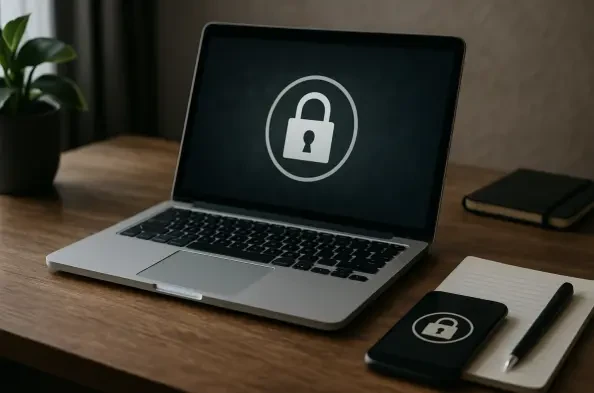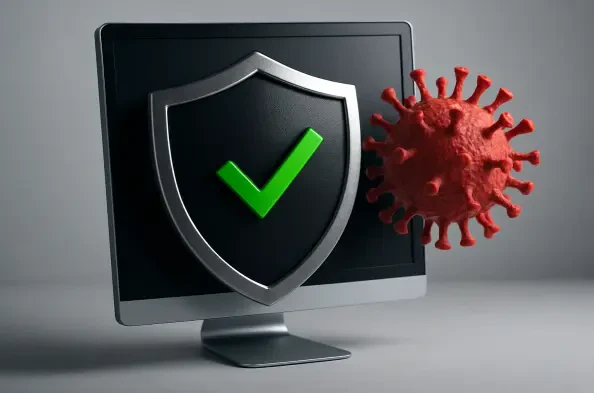In a digital era where personal data is increasingly vulnerable, a high-profile legal battle involving OpenAI, the creator of ChatGPT, has thrust the issue of user privacy into the spotlight, raising critical concerns. A federal court in New York has ordered the company to release 20 million anonymized chat logs as part of a copyright infringement lawsuit initiated by the New York Times and other news outlets. OpenAI argues that this mandate poses a severe threat to user confidentiality, potentially exposing personal conversations of millions worldwide. With the company estimating that nearly all of the requested transcripts are irrelevant to the copyright claims, this case raises profound questions about the balance between protecting individual privacy and fulfilling legal obligations. As the debate unfolds, the tech industry watches closely, aware that the outcome could set a precedent for how artificial intelligence companies handle sensitive user data in litigation.
Navigating the Privacy vs. Evidence Dilemma
The core of this dispute lies in a fundamental tension between safeguarding user privacy and providing evidence in a copyright infringement case. The plaintiffs, including the New York Times, assert that the chat logs are essential to determine whether ChatGPT reproduced copyrighted content during its training process. They also aim to challenge OpenAI’s defense that some responses may have been manipulated to fabricate evidence. On the other hand, OpenAI staunchly opposes the release, emphasizing that complying with the court order risks violating its commitment to user security. A statement from the company’s Chief Information Security Officer highlighted that the logs contain deeply personal exchanges from individuals unrelated to the lawsuit. Even with anonymization measures in place, as mandated by the court under Magistrate Judge Ona Wang, OpenAI remains concerned that any mishandling could erode trust. This clash illustrates a broader challenge in the tech world: how to reconcile legal demands with the ethical responsibility to protect user data in an age of pervasive digital interaction.
Implications for AI and Intellectual Property Law
Reflecting on the broader landscape, this legal battle underscores a growing friction between technological innovation and intellectual property rights, a trend evident in numerous lawsuits targeting AI companies over training data practices. The court’s decision to enforce the release of anonymized chats, despite OpenAI’s objections, signals an attempt to balance privacy with accountability, yet it leaves lingering doubts about the adequacy of protective measures. The New York Times counters OpenAI’s privacy concerns by arguing that the strict legal safeguards and limited scope of the data sample mitigate risks, accusing the company of exaggerating fears to sway public opinion. As deadlines loom for transcript submission, the tech community ponders the potential ripple effects on future AI litigation. This case highlights the urgent need for clearer regulations on data usage in AI development, prompting discussions on how companies can better shield user information while meeting legal scrutiny. The resolution of this dispute promises to shape policies that could safeguard both innovation and individual rights moving forward.






